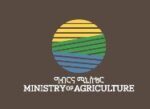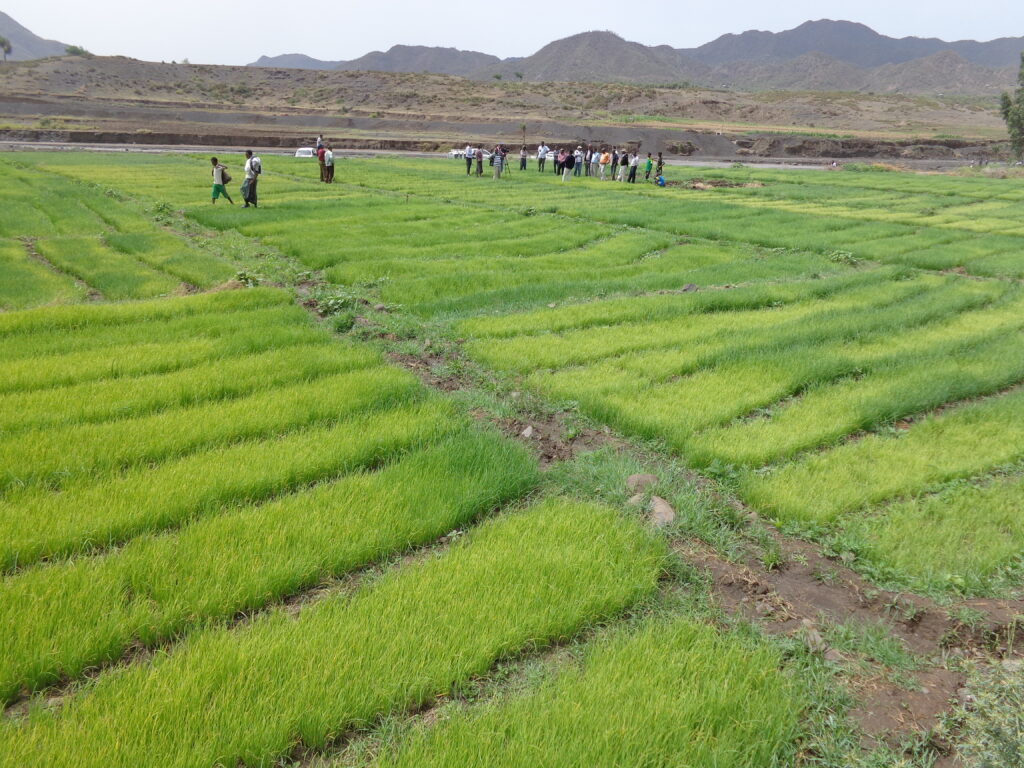
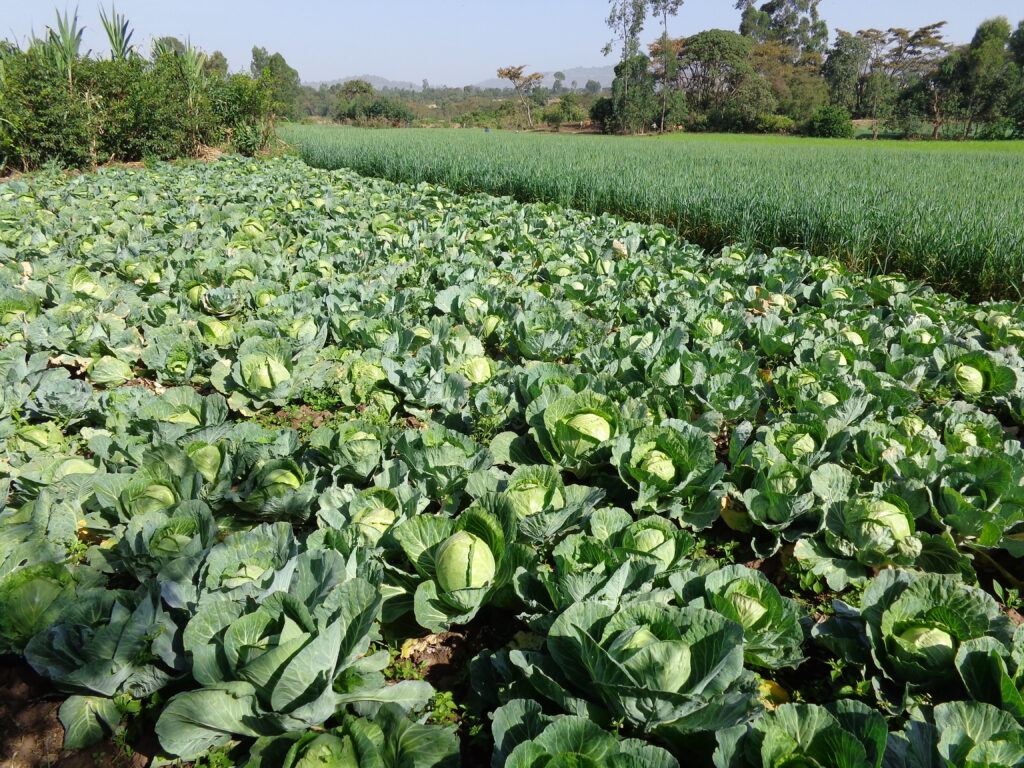
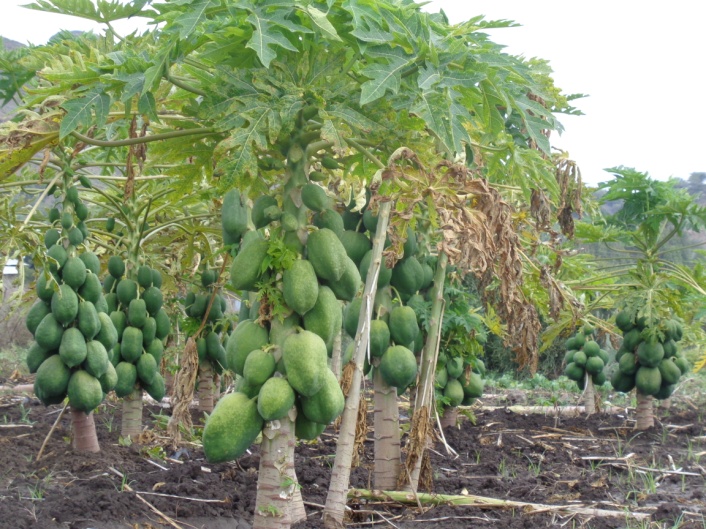
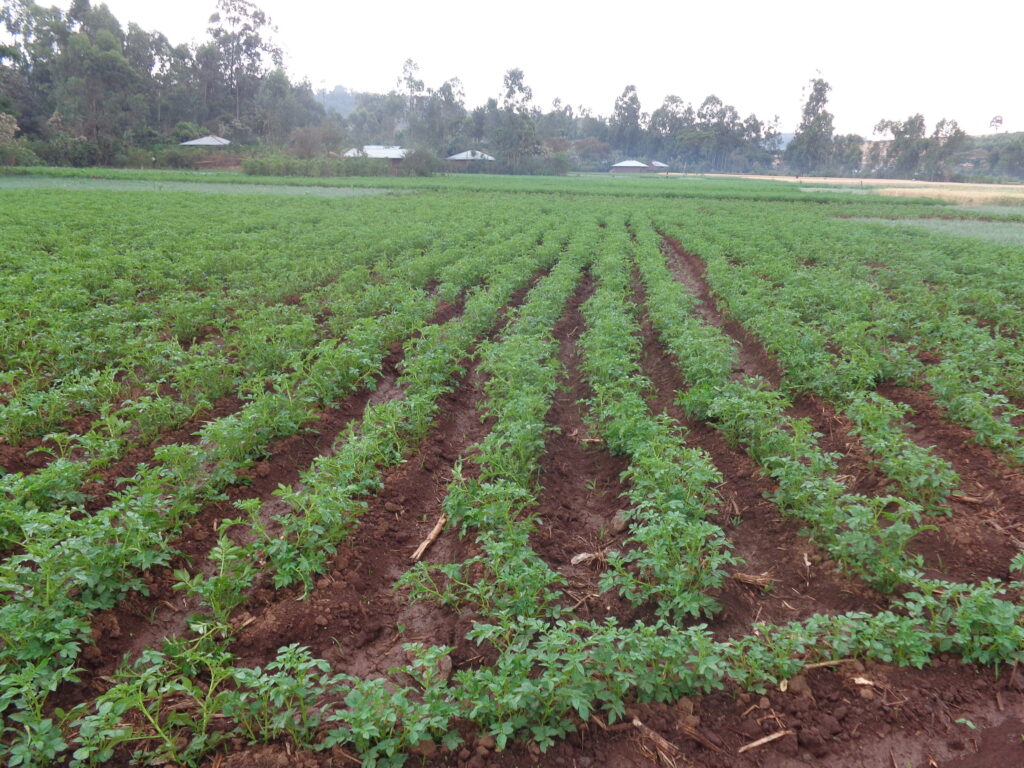
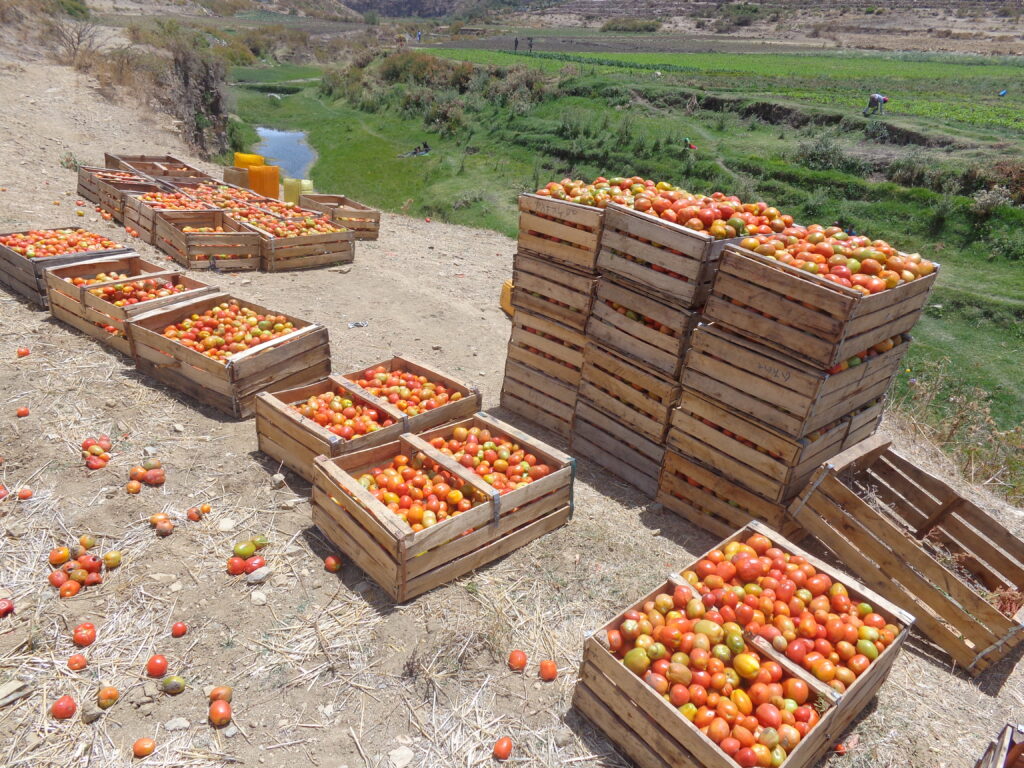
Design & Study Sample Documents
Amhara
Oromia
SNNPR
Tigray
Case study and success store
On-farm research and Demonstration Technologies
Amhara
Oromia
Tigray
SNNPR
ICRISAT
Irrigation Agronomy
Moisture stress became a common phenomenon in Ethiopia with drought frequency while small-scale irrigation is a potentially valuable component of adaptation as it increases agricultural productivity and households’ ability to cope with climate variability, build the resilience of vulnerable farming households by reducing their reliance on erratic and unpredictable rainfall.
PASDIP-II has been implementing an integrated and participatory agricultural development with importsnt Sub-components included as,
. Improved agricultural extension services to enhance productivity and profitability of irrigated agriculture. It has been done through, strengthened agricultural support services, including improving the capacity of the extension system.
. Establishment of farmers research and extension group, seed system, Integrated Soil fertility management (ISFM), Integrated Pest management (IPM), on farm irrigation water management, harvest &post-harvest handling.
Achievements
Participatory Agricultural Development plan (ADP) up to date prepared in 232 schemes with the involvement of beneficiaries and various disciplines experts including Kebele development Agent and IWUA. ADP preparation identified opportunities (Potential), problems and constraints faced. Constraints and problems have been addressed under the Program agricultural development extension services.
Read More
The program introduced Farmer Research Extension Group (FREG) as one of the extension approaches and has been implemented in the intervention area. To date 300 FREG (Farmers Research and Extension Group) strengthened with 5,988 members. Strengthening the link between extension researchers and farmers as a system, build the capacity of the farmers in technology testing and evaluation and choice appropriate technology. Participatory on-farm research and demonstrations were conducted on technologies of ISFM, IPM, irrigation water management introducing drought-tolerant, and high-yielding varieties such as mung bean, haricot bean, nutrient-dense crops (orange flesh sweet potato and quality protein maize) and other vegetables crops for the adaptation of climate change and variability and strengthening climate-resilient agriculture system. Increase crop yield and reduce crop failures due to climate change and variabilities and improve the food security of the targeted area beneficiaries.
The program has addressed improved seed availability for smallholder farmers through seed production demonstration and a Seed system. Up to date, 2531 farmers who produced improved seeds exchanged with the neighboring farmers. Besides, linked with the market through certification of seeds with respective seed quarantine agencies.. For instance, the irrigation cooperative at the Shappa irrigation scheme has been formally certified for the improved wheat seed produced.
Training Documents
